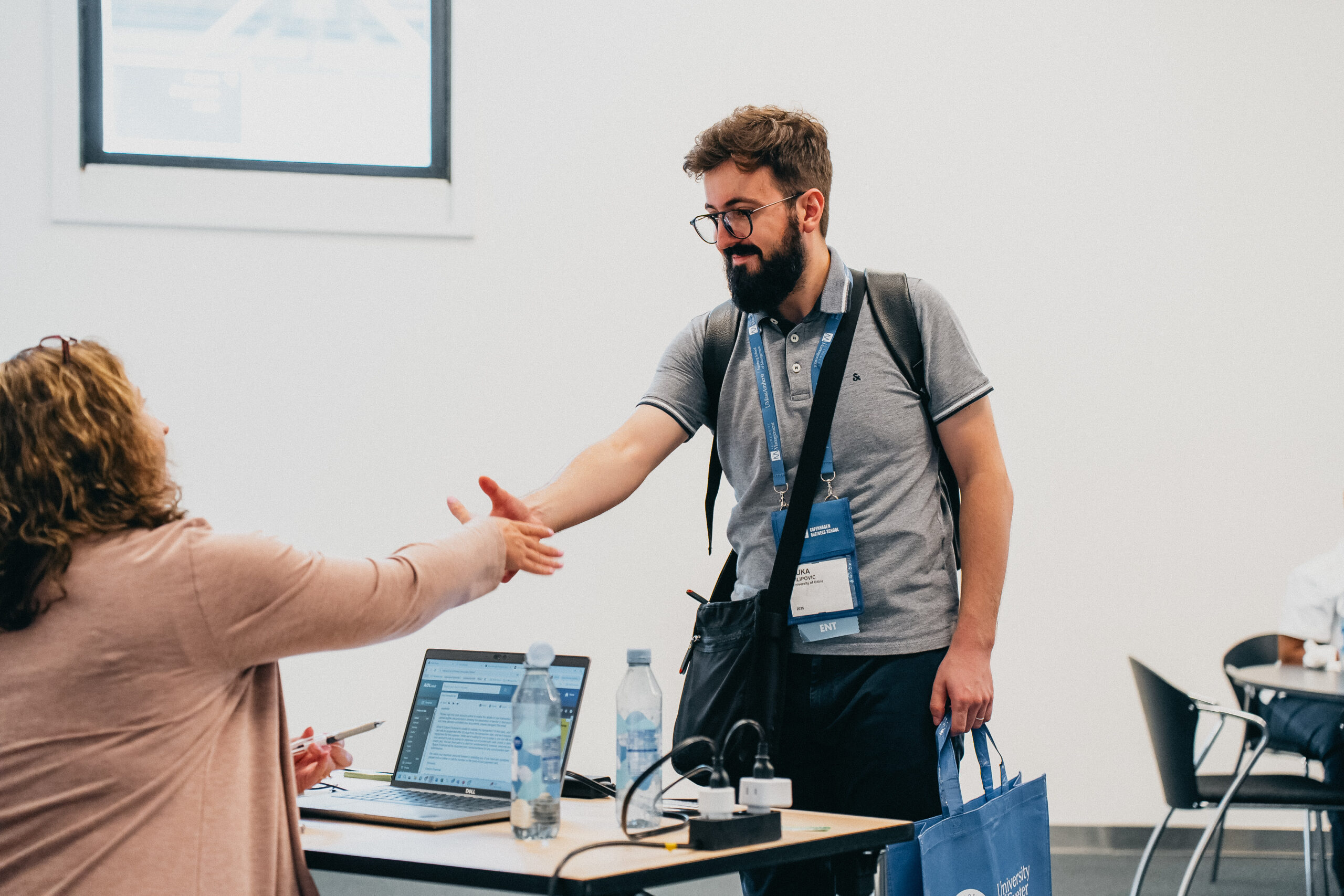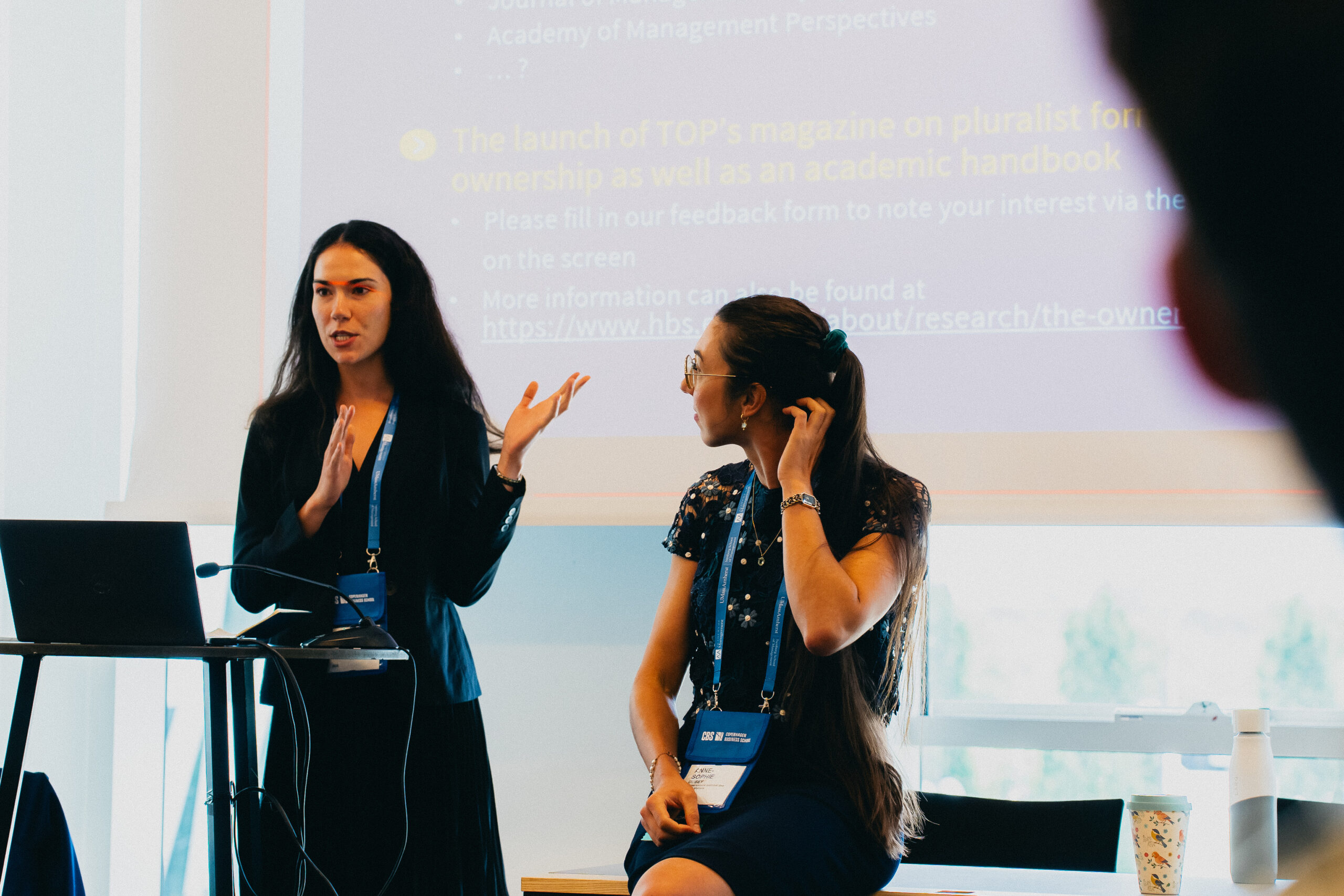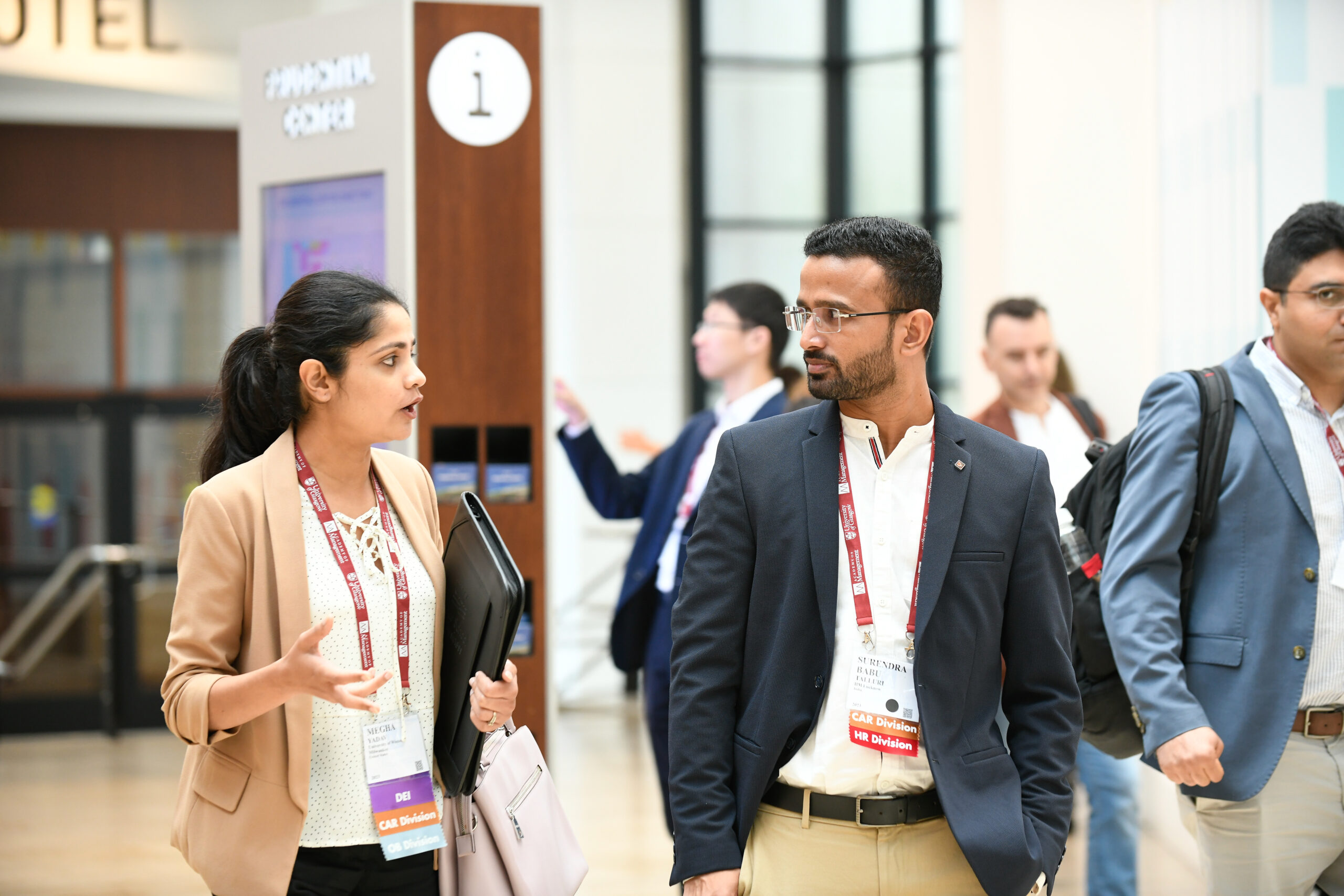Reviewing for the Annual Meeting
Become an AOM Annual Meeting Reviewer
Academy of Management relies on and greatly appreciates our reviewers. Reviewing is a critical aspect in our community, and we highly encourage members to volunteer to review for at least one Division or Interest Group (DIG), especially if you are planning to submit a proposal. Reciprocal reviews provide submitters with high-quality and important feedback on their work.
Why Review?
Benefits of Reviewing for the AOM Annual Meeting

- Add peer reviewer to your CV or resume for future research opportunities and networking.
- Gain visibility for yourself and your institution.
- Develop critical-thinking skills essential to your writing and research while expanding your knowledge.
- Expose yourself to disciplines outside your domain.
- Shape the program and be proactive in AOM’s program planning process.
- Give invaluable contributions to your professional community through your comments and guidance as they continue to develop their research.
- Reviewing fosters knowledge about what constitutes excellent and interesting work.
- Emerging scholars gain an introduction to the scholarly process.
“Reviewing for the Annual Meeting is truly a rewarding experience. It helps us stay informed about new developments, discover the diverse perspectives authors bring, and sometimes even spot new limitations in ongoing research…It helps to better understand how to structure a paper, develop ideas, and construct compelling arguments. What I find particularly valuable is the chance to provide constructive feedback that can genuinely help authors.”
Carole Bousquet, Professor, IDRAC Business School
Member since 2020
Who Can Review for the Annual Meeting?
Be proactive in your academic community and contribute to the scholarly process in creating the AOM Annual Meeting program. Peer review ensures that the Annual Meeting scholarly sessions continue to be of the highest quality and allows engaged members like you to take an active role in our Annual Meeting.

First-Time Attendees
Reviewing can be your first step in getting involved with AOM. Get to know AOM by reviewing for up to two of our 26 Divisions and Interest Groups and see the quality of our members’ research.

Academics
Help ensure the academic quality and integrity of the Annual Meeting program. Engage in your scholarly community and expose yourself to disciplines outside your domain

Students
Get an introduction to the scholarly process and an opportunity to explore and improve your research while gaining insight into multiple research domains.

Practitioners
Become an engaged, proactive member of your professional community and help contextualize research to better serve practicing managers and forecast their needs.
